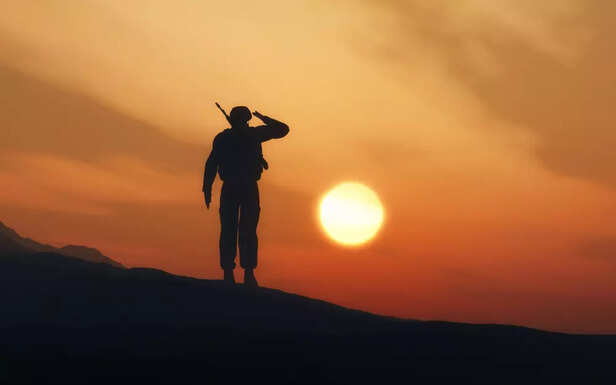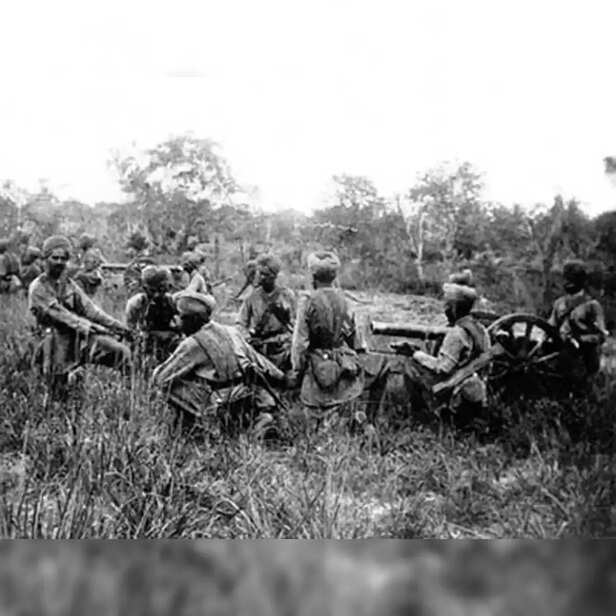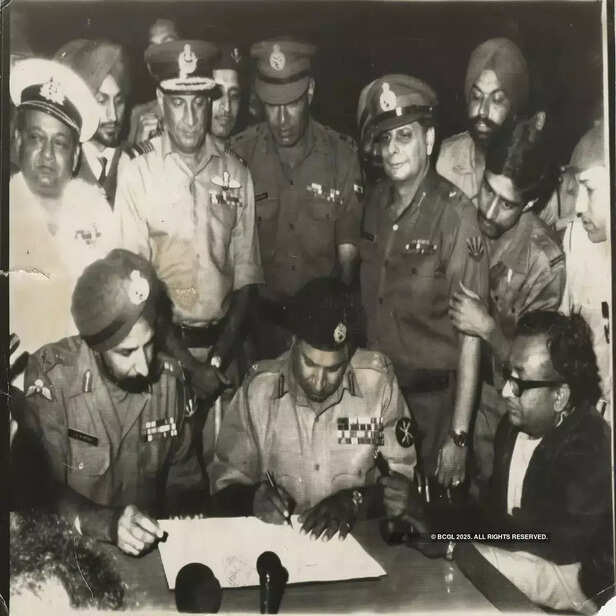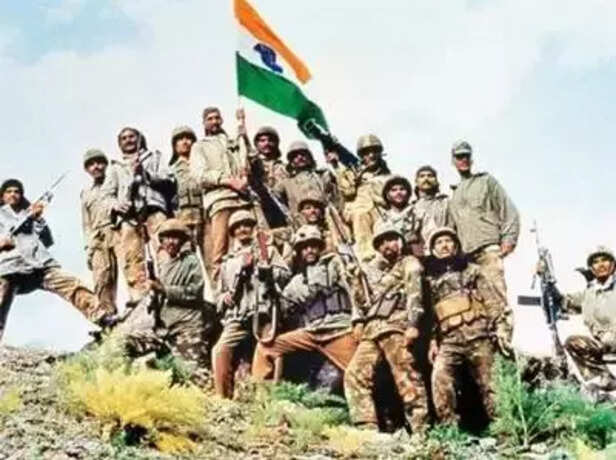A Nation’s Pride, A Soldier’s Pain

Indian Army
( Image credit : Freepik )
For most of us, war is history. For veterans, it’s memory—raw, aching, and ever-present. Behind every India-Pakistan skirmish or war report lies the story of a soldier who lived it, lost friends to it, and continues to dream of peace despite the trauma etched in his soul. This article walks with them—through trenches, memories, and wounds unseen.
1. 1947-48: When Borders Were Drawn in Blood

1947-48 war
As India and Pakistan emerged from the shadow of British rule, soldiers like
Lieutenant Karan Singh were thrown into the chaos of partition. “We didn’t just defend a line on the map,” he says. “We fought while villages burned behind us, with the cries of the displaced in our ears. It wasn’t just a war—it was a tearing apart of humanity.”
2. 1965: Youth Meets War in the Desert
By the time
Major Vikram Joshi joined the frontlines in 1965, the wound of partition had festered. "It was my first time in combat," he recalls, eyes distant. "We were young and hungry to serve. But nothing prepares you for the first body you bury. Especially when that soldier reminded you of your own brother.”
Even amid enemy fire, soldiers recall odd moments of stillness—tea brewed over campfire scraps, letters read under stars, and the silence that followed explosions.
3. 1971: The Weight of Liberation

1971
The 1971 war wasn’t just another chapter in India-Pakistan conflict—it birthed a nation. For
Captain Suresh Mehta, who witnessed Bangladesh’s liberation firsthand, the battle was laced with meaning. “We fought not to destroy, but to free a people. Yet, I still see the faces of the orphans I met, the women who ran barefoot from tanks. That pain doesn't fade.”
Despite victory, soldiers returned to their homes changed—by grief, by guilt, and by the uneasy question: Was it worth the cost?
4. War Beyond the Battlefield: Healing the Invisible Wounds
Physical wounds heal. But as
Subedar Major Ram Singh puts it, “The real battle starts when the war ends.” Many veterans carry silent burdens—flashbacks, sleepless nights, a constant state of alert. “The fireworks during Diwali?” he says. “They sound like gunfire. I flinch every time.”
Mental health services were nearly non-existent for previous generations of soldiers. Stigma silenced many. "I was told to be a man," Ram Singh says, "But inside, I was falling apart."
5. Kargil and the Young Soldiers Who Never Returned

Kargil
In 1999, young officers scaled icy cliffs in Kargil, reclaiming territory inch by inch.
Brigadier Arvind Kumar, a commander during that war, describes it as “hell in heaven.” At heights where breathing was a struggle, his boys fought with frozen hands and fire in their eyes.
“The youngest one was just 20,” he says, voice breaking. “He died whispering ‘Tell my mother I did well.’ How do you forget that?”
6. Brotherhood Over Borders: Veterans’ Quiet Hope
Remarkably, many Indian veterans bear no hatred for their Pakistani counterparts. “We were just men in uniform,” says
Lieutenant Colonel Raghav Pratap, who served during Kargil. “I’ve read letters from captured Pakistani soldiers. They wrote about home, love, fear—just like we did.”
Some even dream of veteran-to-veteran dialogue. “We share something politicians don’t,” Pratap adds. “We know the cost.”
7. Life After War: Finding Meaning in Peace
Most veterans find adjusting to civilian life harder than the battlefield. “You don’t unsee things,” says
Captain Mehta, now a schoolteacher. “But I teach kids that wars are fought by the failed words of grown-ups. I hope they grow up wiser.”
Others work with NGOs, helping fellow veterans heal, or sharing stories in classrooms. “If my pain can prevent another war,” says
Subedar Ram Singh, “then maybe it meant something.”
8. A Letter to the Future
If you ask these veterans what they want today, none say revenge. They ask for understanding. For peace. For their stories to be told.
“We’ve given enough,”
Major Joshi concludes. “Now it’s time for politicians to listen, for citizens to remember, and for future generations to build bridges where we once dug trenches.”
Listening to the Silence After the Gunfire
The India-Pakistan conflicts live on in textbooks and documentaries—but their truest legacy rests in the hearts of veterans who bore its brunt. Through fear and fire, they stood tall, not for medals, but for duty. Now, their voices ask us not for applause, but attention. Let’s honor them by listening—not just to what they fought for, but what they long for: peace.





